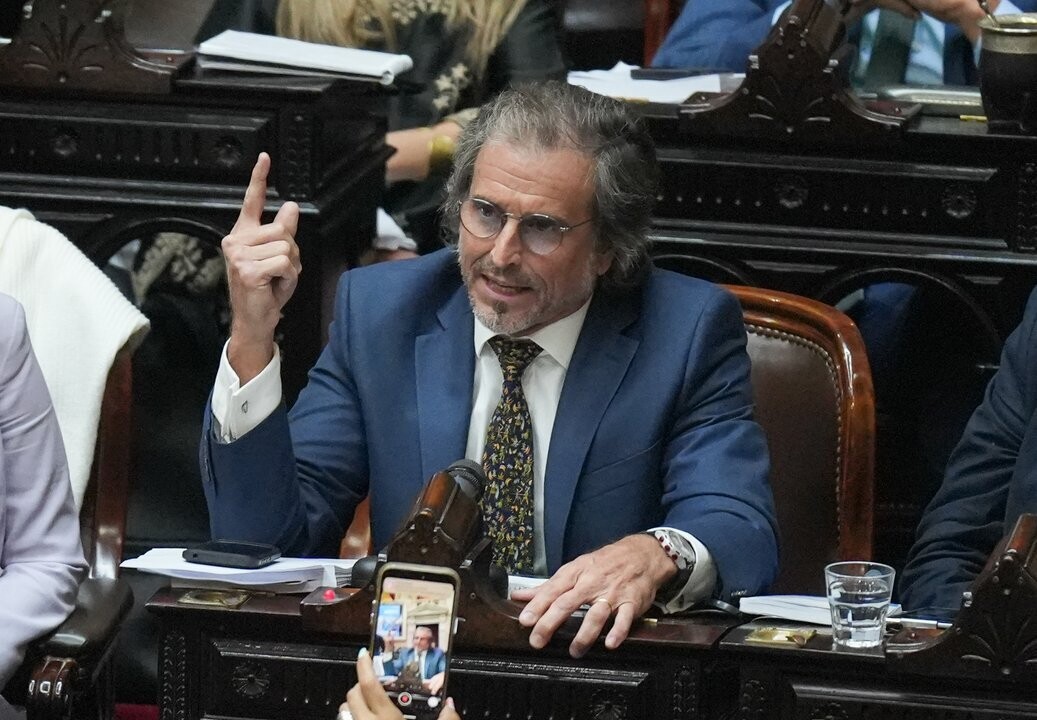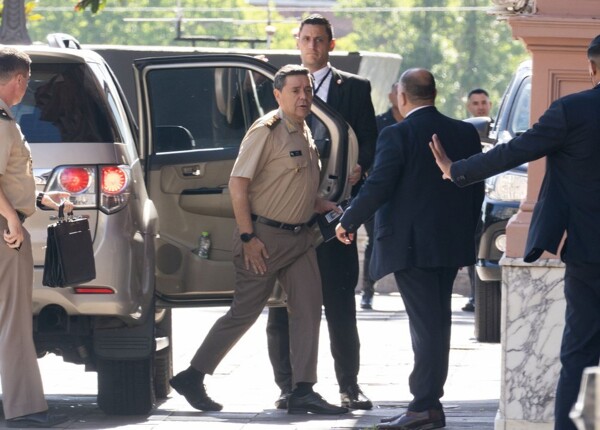
The ruling party in the Chamber of Deputies will face negotiations with dialogist blocks this Monday to try to reach an agreement that allows the sanctioning of the 2026 Budget in December, during extraordinary sessions. The Government wants to extend the debate until December 10th, as with the new composition it will become the largest minority and will have around 115 deputies along with its allies, thus only needing to add 14 legislators to pass the laws. However, the urgency for the ruling party now is to have the backing of other blocks that allow them to prevent the issuance of a report next Tuesday, as established by the summons approved on October 8th at the initiative of the opposition. So far, the promoters of the summons—Union for the Homeland, Democracy Forever, Federal Encounter, and the left—have indicated they will seek to have a quorum in the committee on Tuesday to issue a report and deal with it in the second half of this month. Federal Encounter and Democracy Forever maintain the ruling party's project but incorporate the Disability, Universities, and Garrahan laws, which reduces the fiscal surplus from 1.5% to 0.9% of GDP. In this context, the president of the Budget Committee, Bertie Benegas Lynch, will have a meeting on Monday from noon with the UCR, PRO, Federal Encounter, and Democracy Forever blocks. The UCR, PRO, and Federal Innovation support the Government's position of dealing with it in extraordinary sessions, but to have a majority, they need the agreement of Federal Encounter and Democracy Forever. It is also possible that the Secretary of the Treasury, Carlos Guberman, and the Vice Chief of Cabinet, José Rolandi, will attend this meeting to be held in the Chamber of Deputies. Benegas Lynch is collecting all the requests from legislators to be sent to Guberman to determine which ones could be incorporated without altering the fiscal balance, parliamentary sources reported. In any case, negotiations are not only held with legislators but in the Casa de Government, which maintains conversations with provincial governors. Even President Javier Milei asked last Thursday to support the Budget and the labor and tax reforms, which will be sent in December. Guberman assured that “the idea is to maintain the commitment assumed by the President of the Nation since December 2023 with the fiscal balance because we are convinced that that is the ideal path to give the solutions that Argentines need and we have seen that validated in the legislative elections.” He said that “within the fiscal balance, as we have already stated, beyond fulfilling the basic functions that the state must fulfill, we are willing to listen to the options that we can collect from the proposals that may arise from Congress.” The Budget Committee concluded last Thursday the round of consultations in which the Minister of Security Patricia Bullrich, the Chancellor Pablo Quirno, the Secretary of the Treasury, Carlos Guberman, and the Vice Chief of Cabinet, José Rolandi, spoke. Also, the Secretaries of Labor, Julio Cordero, and Education, Carlos Torrendell, the head of ARCA, the Undersecretary of University Policies, Alejandro Alvarez, the head of the Cabinet of the Ministry of Defense, María Laura Carrasco, and the Secretary of Strategy and Military Affairs of the Ministry of Defense, Marcelo Rozas Garay, spoke. The Budget project under discussion proposes an increase in the economy of 5% of GDP, inflation of 10.1%; a dollar from 1423 to December 2026, and projects increases in exports of 10.6% and imports of 11%. It also sets that total expenses will be 148 trillion pesos, with resources of 148.2 trillion pesos, thus projecting a primary surplus of 2.7 trillion pesos. 85 percent of those resources are destined for social expenses, which cover health, education, social plans, pensions, among others. As for the resources, the Government contemplates an expense of 8 trillion for the Government Administration, of 7 trillion for Defense and Security, 106 trillion for social expenses, and 14 trillion for public debt.














